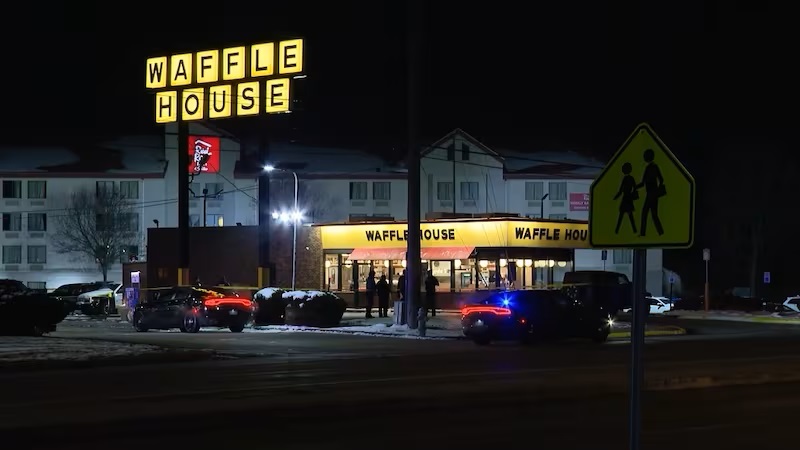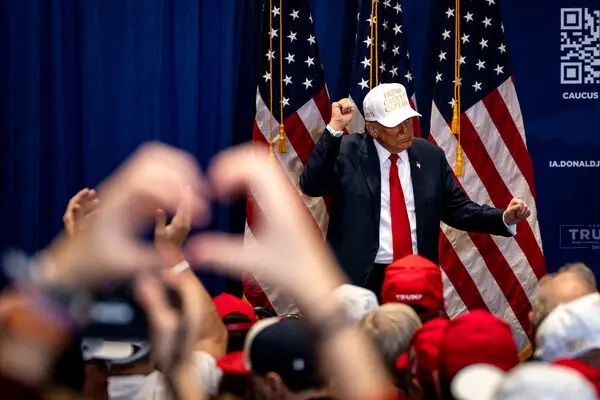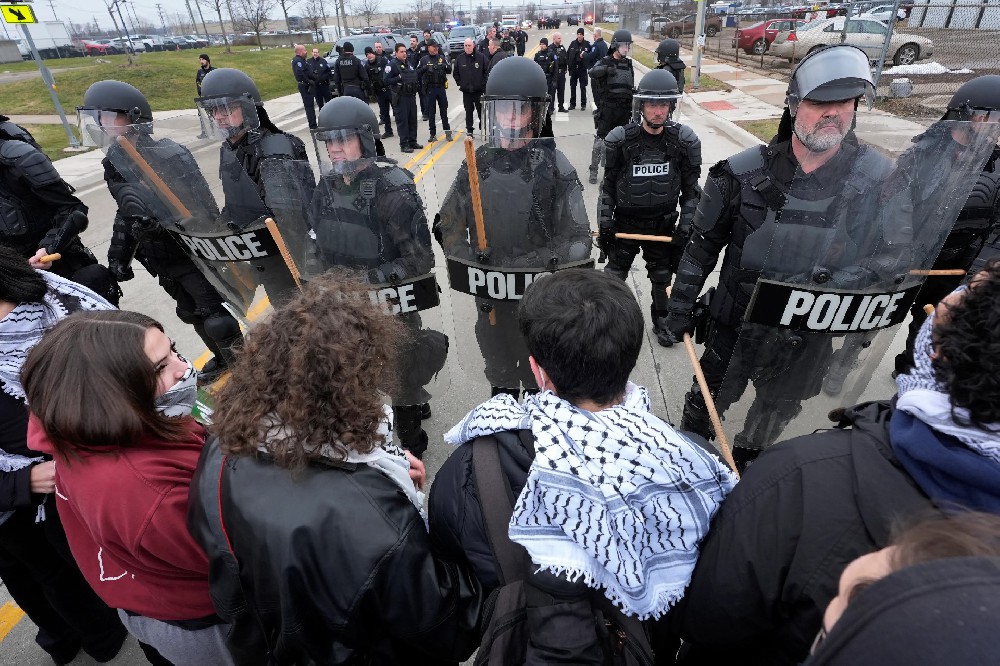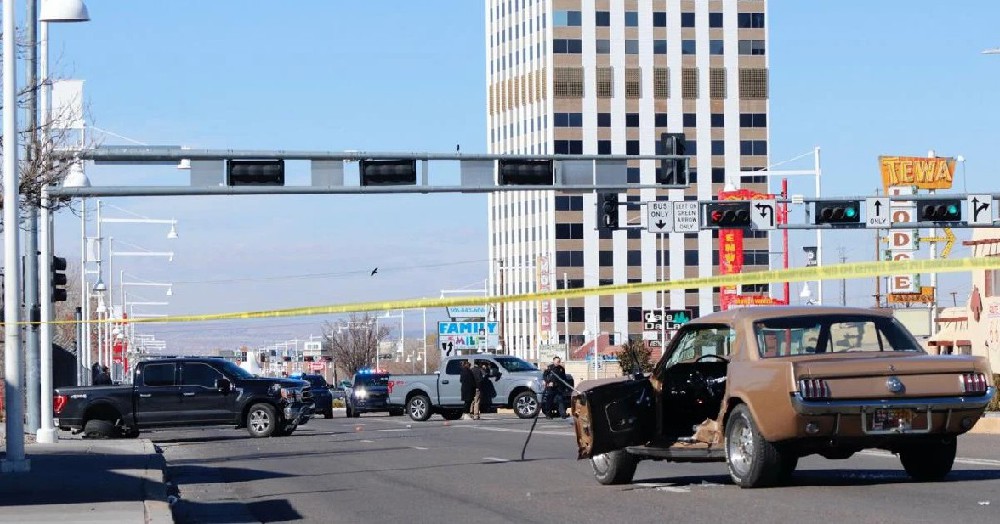2024-02-01 GUN VIOLENCE 50
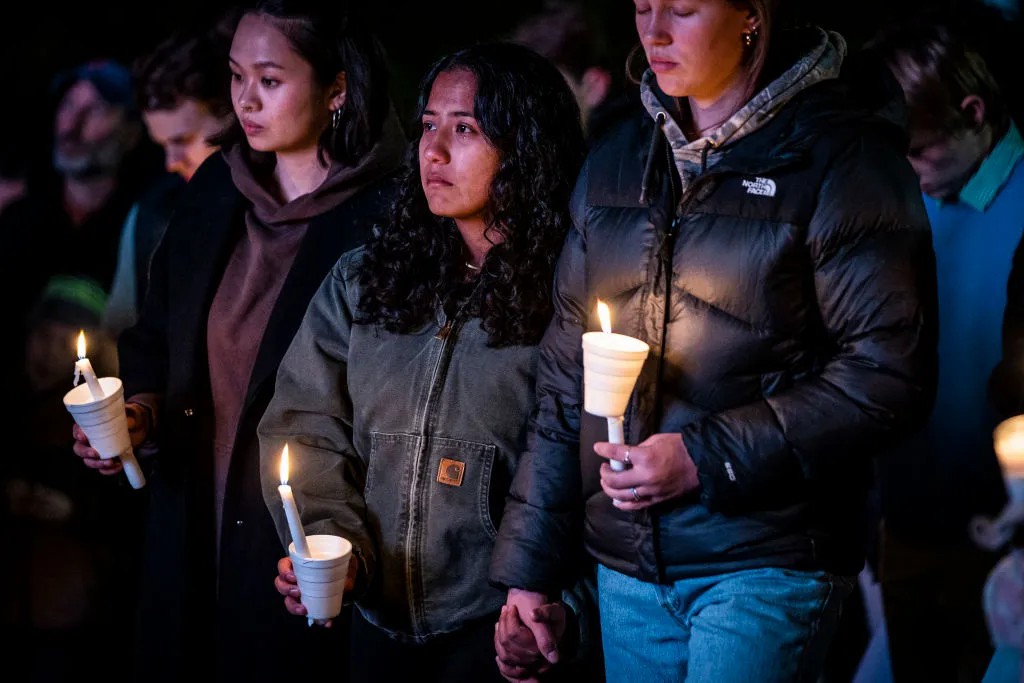
In March 2023, the Honolulu Star-Advertiser sent out a distress signal: “Protect Hawaii and our peaceful culture from tyranny of guns.” The Supreme Court’s Bruen decision had made it legal to carry firearms outside the home in all 50 states, and laws were pending to apply the ruling to Hawaii. “So, guns are coming,” warned the authors: to churches, schools, shopping malls and restaurants. Between “this dystopian future” and Hawaii’s peaceful traditions there were few remaining options.
A gun gives its owner “the power to intimidate,” continued the authors. It shrouds ordinary conflict in the possibility of death. “Once the guns come out,” they warned, “an unarmed person will almost always submit to an armed person.” And that is no way to live. This culture of confrontation ran counter to Hawaii’s values of modesty, tenderness, and harmony. But thanks to a 6-3 decision by the Supreme Court, Hawaiians were going to have to live with the fear and anxiety that follows guns wherever they go.
Tyranny is not too strong a word. Guns have begun to define the American experience, from small decisions about where you might travel to the massacres that haunt the news cycle like the visitations of a malevolent deity. Sold as freedom, they have created the very conditions that the liberal state was designed to prevent.
The singular idea behind the emergence of democracy was the protection of life from arbitrary power. What is liberty? wondered John Adams. Freedom from “wanton, cruel power”—from “imprisonments, whipping posts, gibbets, bastenadoes and racks.” Kings shed blood with little emotion, wrote Benjamin Rush, because they believed they governed by divine right. Republican governments spoke a different language. They taught the absurdity of the divine right of kings and asserted the sanctity of all life. This was not achieved through individual force but by collaboration and consent. In a democracy, power is diffused, and layers of restraint are placed between the restless will of the individual and the capacity to harm others. That was the “social contract.”
"What do we lose by this submission to the judgement of our peers?" wondered the statesman and philosopher John Dickinson. “The power of doing injuries to others—and the dread of suffering injuries from them.” What do we gain? “Tranquility of mind.” Freedom, in republican thought, was freedom from fear. It was an almost literal salvation from the “caprice” and cruelty of fellow mortals.
Unlike today’s gun advocates, who think of danger as other types of people, the founders understood tyranny as a universal propensity—a problem larger than monarchy or the more obvious villainies of history. The hard truth was that violence lurks in every heart, and “all men would be tyrants, if they could.” Such was the foundation of American constitutionalism and the elaborate checks and balances that defined it.
Previous article:Florida sheriff's deputy takes his own life outside agency headquarters
Next article:New Mexico officers will not be charged in fatal shooting while responding to wrong house

Third person dies from Milwaukee shooting that injured 4
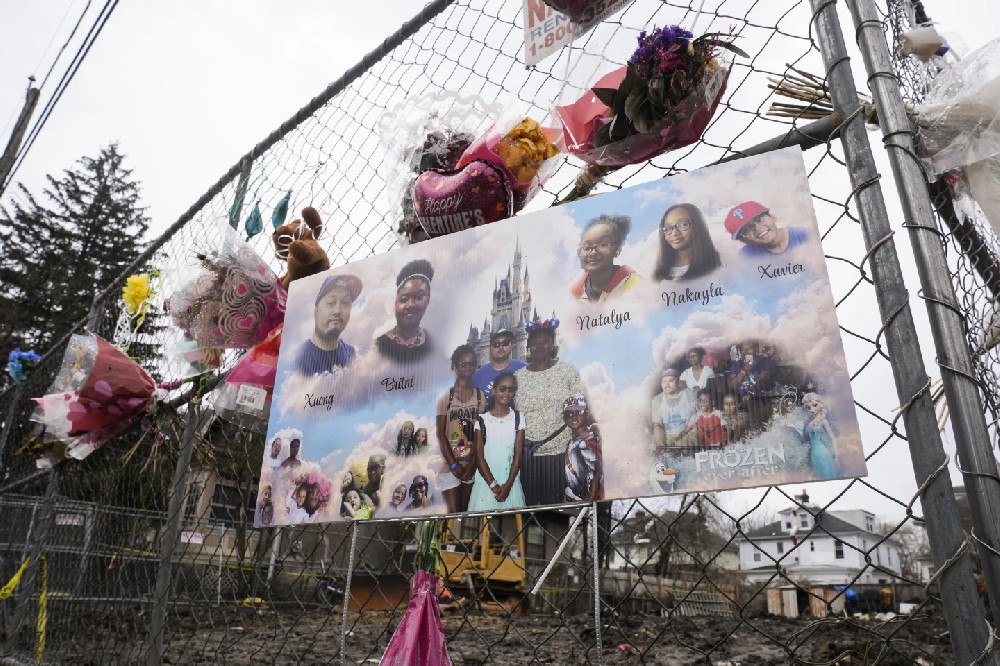
Officials describe how gunman killed 5 relatives and set Pennsylvania house on fire
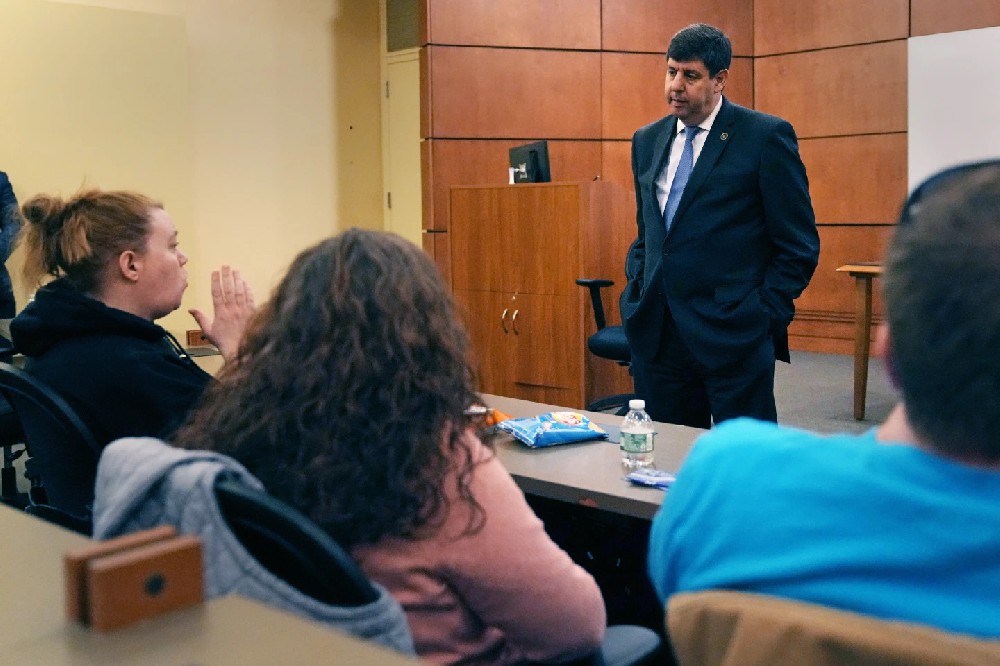
Chief enforcer of US gun laws fears Americans may become numb to violence with each mass shooting
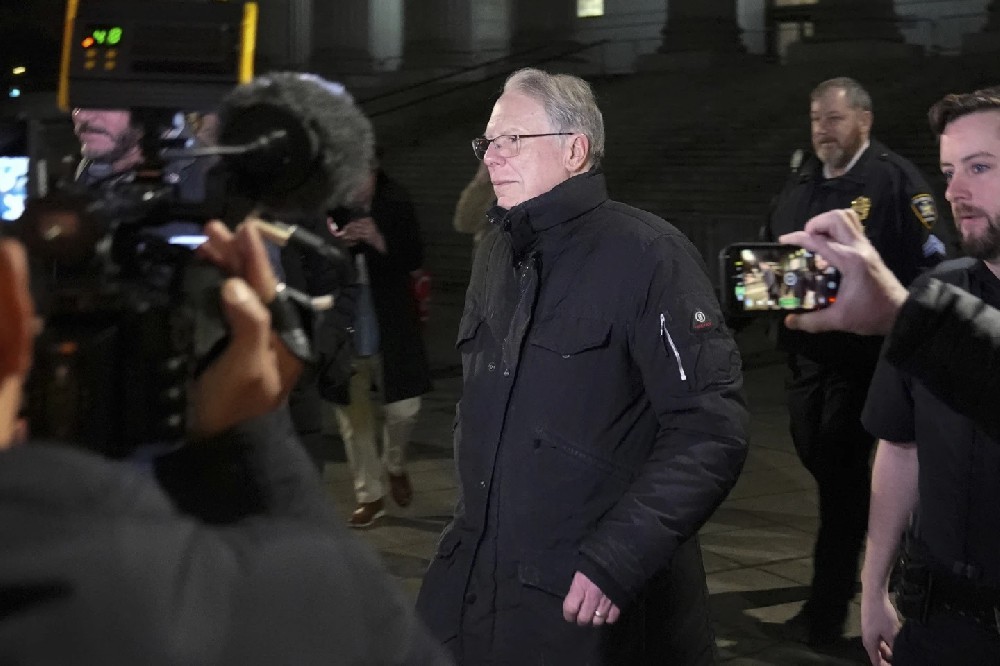
Former NRA chief Wayne LaPierre misspent gun rights group’s money and owes more than $4M, jury finds


